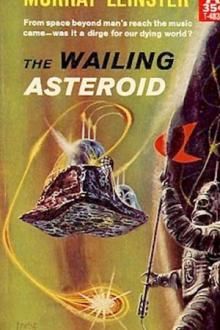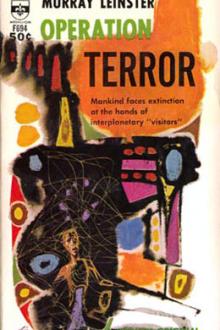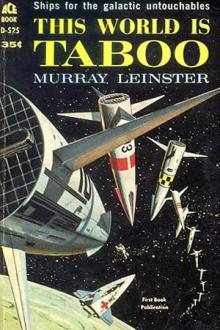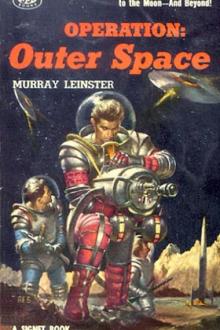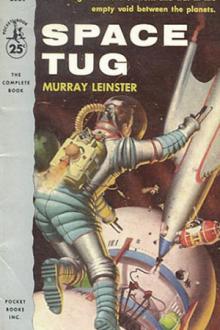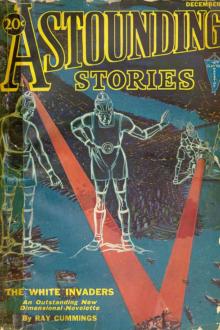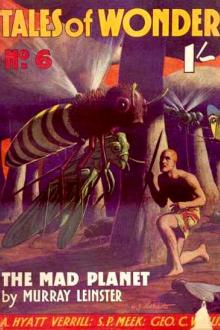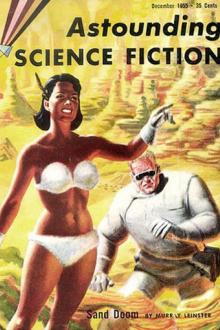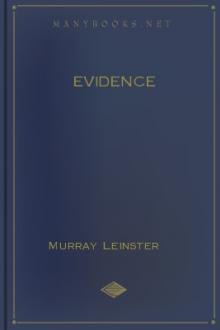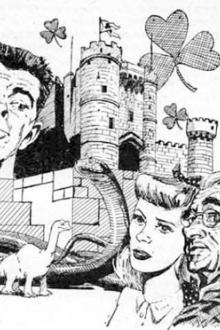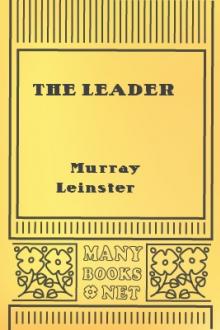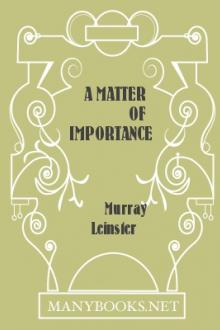The Runaway Skyscraper
Book Excerpt
Arthur walked to the window.
"Look there!" he exclaimed, but it was too late. "I'll swear to it I saw the Half Moon, Hudson's ship," he declared excitedly. "We're way back now, and don't seem to be slacking up, either."
Estelle came to the window by his side. The rapidly changing scene before her made her gasp. It was no longer possible to distinguish night from day.
A wavering streak, moving first to the right and then to the left, showed where the sun flashed across the sky.
"What makes the sun wabble so?" she asked.
"Moving north and south of the equator," Arthur explained casually. "When it's farthest south--to the left--there's always snow on the ground. When it's farthest right it's summer. See how green it is?"
A few moments' observation corroborated his statement.
"I'd say," Arthur remarked reflectively, "that it takes about fifteen seconds for the sun to make the round trip from farthest north to farthest south."
Editor's choice
(view all)Popular books in Fiction and Literature, Science Fiction
Readers reviews
The two main characters are a little vaguely drawn, and the other 2,000 people are just ghosts. Descriptions are okay. The science sort of creaks.
- Upvote (0)
- Downvote (0)
While more readable in a stylistic sense than many early SF stories, this 1919 time-travel tale makes suspension of disbelief rather a strain for modern readers.
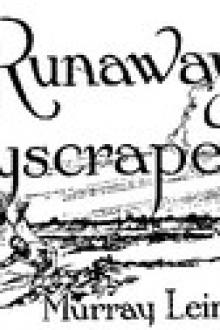
 Free Download
Free Download






















